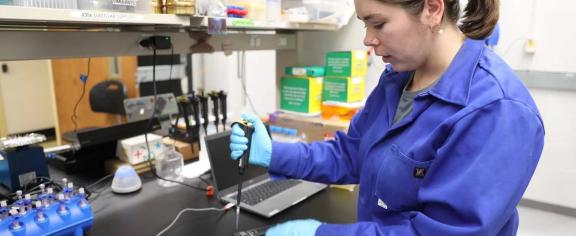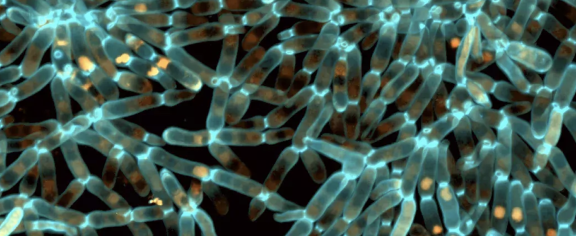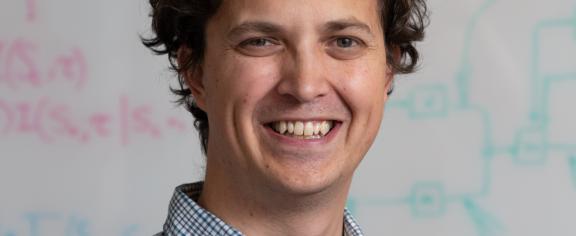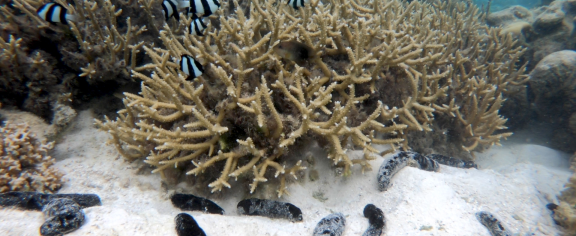2024-03-19
Georgia Tech researchers are teaming up with NASA to study bacteria on the International Space Station to help define how scientists and healthcare professionals combat antibiotic-resistant bacteria for long-duration space missions.
2024-02-21
Energy materials facilitate the conversion or transmission of energy. They also play an essential role in how we store energy, reduce power consumption, and develop cleaner, efficient energy solutions.
2024-03-19
A new study co-led by Anna (Anya) Ivanova highlights how human neuroscience is paving the way for AI innovation — and what AI can teach us about ourselves.
2024-03-18
Physics professor honored for pioneering ultrashort-laser-pulse measurement techniques
2024-03-11
Researchers at Georgia Tech and University of Helsinki have discovered a mechanism steering the evolution of multicellular life. They identified how altered protein folding drives multicellular evolution.
2024-03-07
Co-PI Simon Sponberg will lead the Georgia Tech contingent of researchers, which aims to understand dynamic, agile movement.
2024-03-04
The researchers used data to investigate natural divisions in bacteria with a goal of determining a viable method for organizing them into species and strains.
2024-02-20
Georgia Tech chemists are exploring the behavior of a complex protein associated with glaucoma — characterizing one of the largest amyloid-forming proteins to date.
2024-02-27
In a first-of-its-kind study, the researchers discovered that sea cucumbers protect coral from disease.
2024-02-09
A new theory allows researchers to create easy-to-solve mathematical models using cables, a previously challenging mathematical problem.








